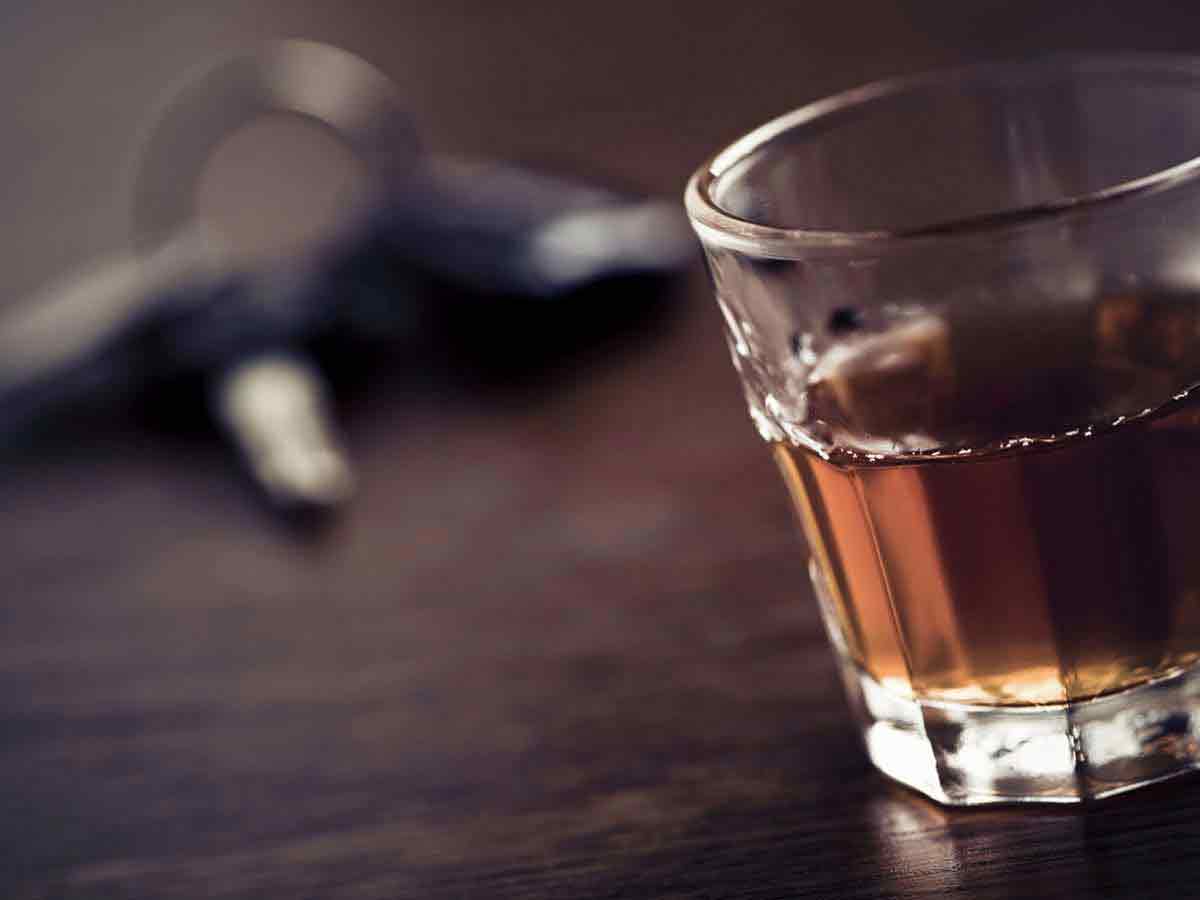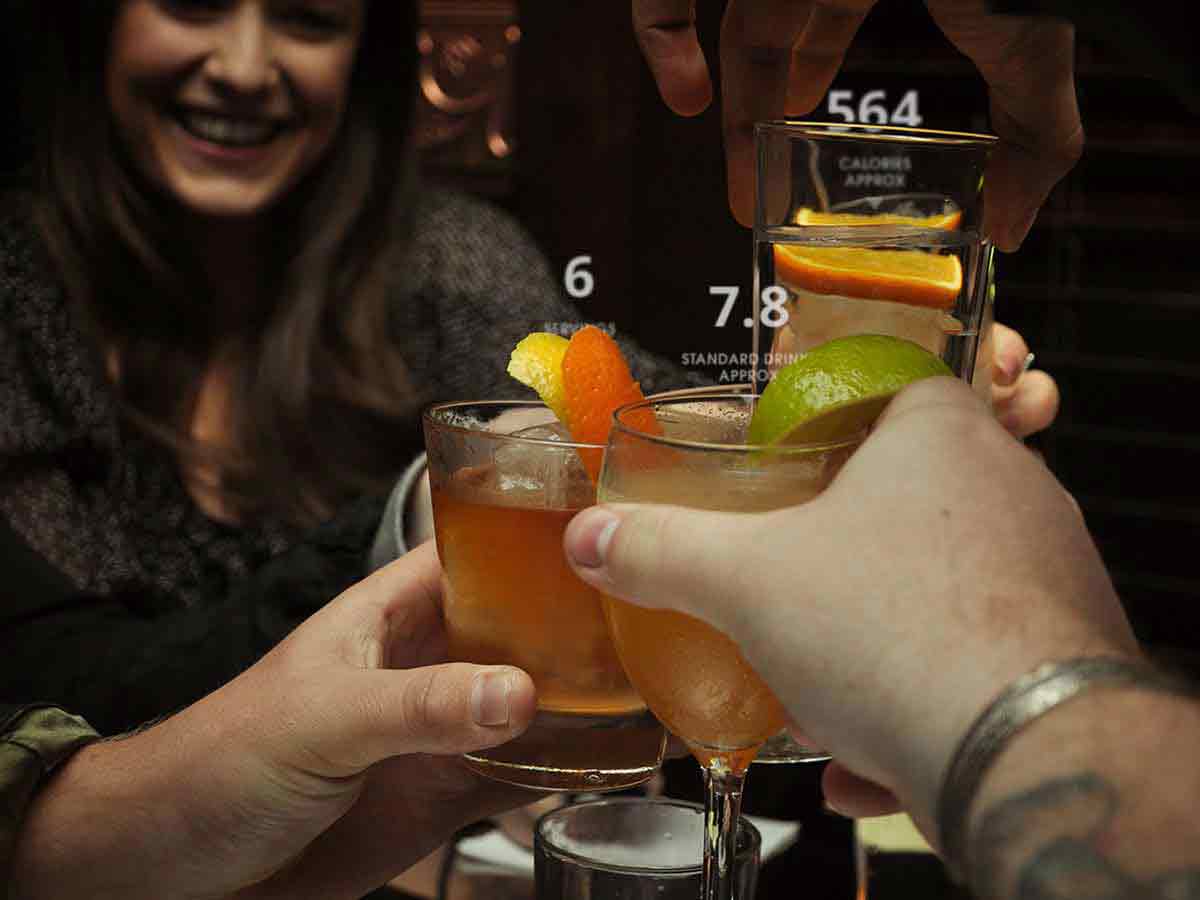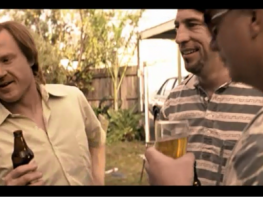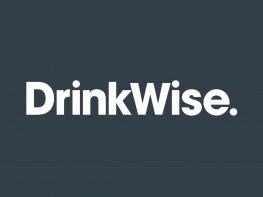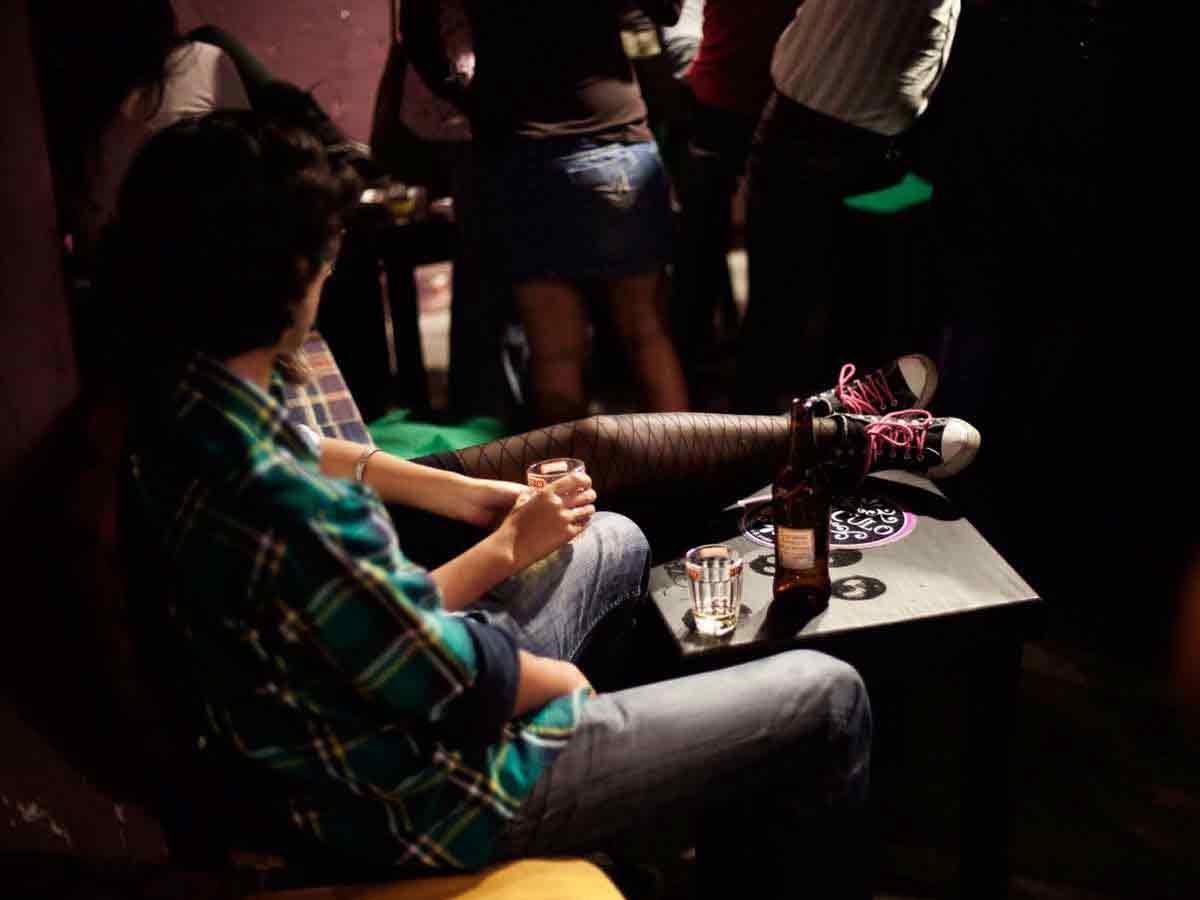As teenagers push the boundaries they may think about experimenting with alcohol to feel more grown up. Keeping these ‘grown up’ things from their parents is part of them exercising their independence.
Is it ok to let your kids drink at home?
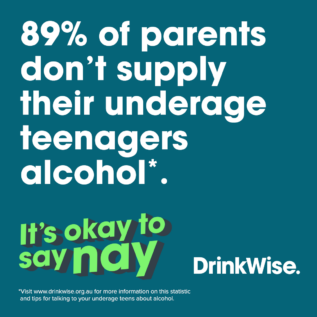 Remember It’s ok to say nay Research shows that over the past decade there has been a decline in the prevalence of underage drinking in Australia. In fact, most 14-17 year old teenagers abstain from drinking alcohol (69%)1 and the majority (89%) of parents aren’t supplying their underage teenagers with alcohol.2 However, for those underage teenagers who are drinking, 36.1% reported their main source of alcohol was supplied by their parents in 2022-23.3
Remember It’s ok to say nay Research shows that over the past decade there has been a decline in the prevalence of underage drinking in Australia. In fact, most 14-17 year old teenagers abstain from drinking alcohol (69%)1 and the majority (89%) of parents aren’t supplying their underage teenagers with alcohol.2 However, for those underage teenagers who are drinking, 36.1% reported their main source of alcohol was supplied by their parents in 2022-23.3
This uptick in parents supplying alcohol to their underage teens is particularly concerning as research shows that following serves of alcohol an adolescent is more likely to report binge drinking, experience alcohol-related harm (e.g., accidents, blackouts and fights) and problematic drinking in their future adolescent years.4 We know that abstaining from alcohol when underage helps protect teenagers, so we want to reassure parents that setting rules and boundaries, as well as setting consequences if these are broken, is the right thing to do.
Dealing with a drunken teen
If your teen comes home intoxicated, you have a problem that needs to be dealt with quickly. It’s normal to feel disappointed, but it’s also not the time to overreact. As a parent, it’s up to you to take control and manage the situation appropriately. You have to be firm and decisive in what to do next.
It may be years before your teen lets on about their first experience with alcohol, but the signs are there and unmistakable. Some of the more obvious things to look out for include slurred speech, the smell of alcohol on their breath or clothes and a change in mood or demeanour.
Raise the issue with them calmly and rationally:
- If you suspect they have been drinking, explain that you are aware they are probably drinking, and that you are concerned about their actions.
- If they come home drunk, wait until they have sobered up and then put them to bed. Let them know you’ll talk to them the next morning. By then hopefully you’ll be calmer, and they may be more likely to accept your opinion and guidance.
- Explain the range of risks involved with drinking. They may not agree but they need to understand where you are coming from, and why you are concerned.
- Try to find out what has led to this incident – it may not be “just a stage”. (is it due to peer pressure? Boredom? Curiosity?)
- Set clear boundaries and outline your expectations.
- Seek help from your GP or health professional if you are worried it’s becoming regular behaviour.
- Most importantly, make sure your teen knows you will always be there for them, and that they can call you if they run into trouble, whatever happens and at whatever time.
Delaying the introduction of alcohol until your child is an adult starts at home – it’s one of the most important things you can do as a parent. According to renowned adolescent psychologist, Dr Michael Carr-Gregg “parents should make the smart choice and just say no to supplying their underage teenagers with alcohol.”
DrinkWise - Kids and Alcohol Don't Mix brochureMore information
The following resources may help you say nay to underage teenage drinking and plan to have a conversation with your teenager:
- It’s okay to say nay
- Talking to your teen about alcohol
- Developing a consistent approach to teen drinking with your partner
- Is supplying alcohol to teens legal?
- Setting family rules around alcohol
- Is your drinking influencing your kids?
- DrinkWise campaigns for parents
- Alcohol and your health – DrinkWise body health tool
- Dr Andrew Rochford – Kids and Alcohol video
- Dr Andrew Rochford – Delaying underage teenage drinking
References
- In 2022-23, 69% of underage teenagers (14-17 years) abstained from drinking alcohol in the previous 12 months (National Drug Strategy Household Survey, 2022-23).
(NB: this statistic is an updated calculation of underage abstinence and consumption rates as recommended by AIHW and in line with the 2020 Australian Alcohol Guidelines.) - In consultation with AIHW, “89% of parents don’t supply their underage teenagers alcohol” was calculated based on the National Drug Strategy Household Survey 2022-23 dataset, similar to Chan et. al.’s (2017) paper, the statistic reflects norms around parental supply of alcohol to minors and was calculated using a) the percentage of 14-17 year olds who drank alcohol in the past 12 months (see Table 4.6) and b) of those 14-17 year olds who drank alcohol in the past 12 months, the percentage who reported their usual supply of alcohol were from parents (see Table 4.10).
- 36.1% of 14-17 year olds who drink alcohol reported their parents were their usual source of alcohol supply in 2022-23 (National Drug Strategy Household Survey, 2022-23).
- Aiken, A., Chan, G., Yuen, W. et al. (2022). Trajectories of parental and peer supply of alcohol in adolescence and associations with later alcohol consumption and harms: A prospective cohort study. Drug and Alcohol Dependence, 237, 109533.

